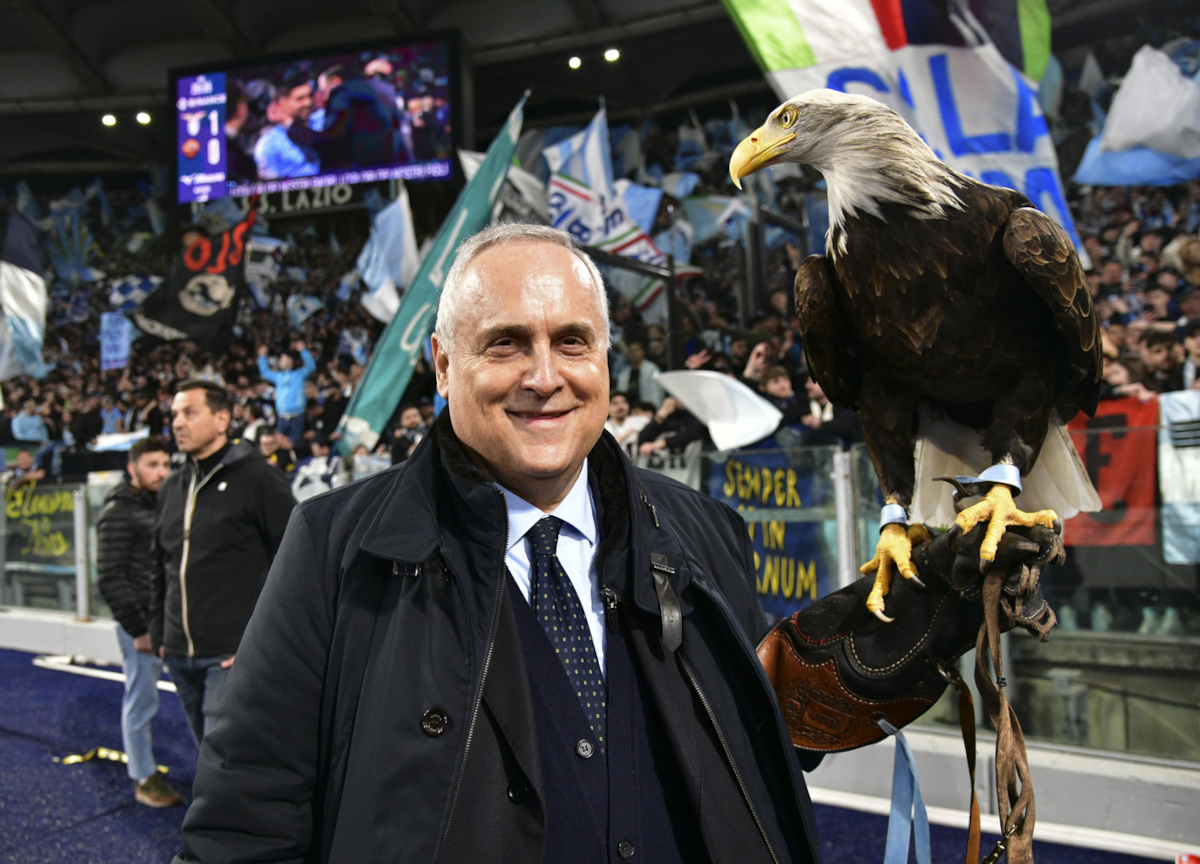A still from ‘The Final Hour’.
Here are two jewels that show a calm vision without hysterics before an inevitable end
Cinema has shown us the end of the world in all possible ways: atomic war, apocalyptic pandemics, alien invasions, zombie meteorites, vampires, predatory monsters… In many cases there is always a hero who manages to save humanity. But what if there were none? What if humans faced the end of civilization with resignation and melancholy, without abandoning their daily chores? Here are two jewels that show a calm vision without hysterics before an inevitable end.
Stanley Kramer (1959) Available on Filmin and for rent on Apple TV+
the final hour
Starring Gregory Peck, Ava Gardner, Fred Astaire, Anthony Perkins and Donna Anderson, it is a post-apocalyptic story that shows the fate of human beings in Australia after the nuclear holocaust of World War III, whose setting was the Northern Hemisphere where it has all vestige of life disappeared. However, the radioactive cloud produced by nuclear bombs is reaching Australia. The government hands out suicide poisons to prevent a slow death from radioactivity. It is a pessimistic film and offers a hopeless vision of the end of humanity and analyzes how the different characters react to this extreme situation.
After an atomic war in the Northern Hemisphere, the American atomic submarine Sawfish arrives in Melbourne commanded by Dwight Towers (Gregory Peck), with the mission of proving the theory that the reduction of radioactivity can be an effective and feasible means. Otherwise, Australia has six months to survive before being destroyed by the same radioactivity that has destroyed the Northern Hemisphere. Lieutenant Peter Holmes (Anthony Perkins) and nuclear physicist Julien Osborne (Fred Astaire) are also aboard the Sawfish. Peter and Mary Holmes (Donna Anderson) give a party in the commander’s honor, where he meets an Australian woman named Moira Davidson (Ava Gardner), eager to enjoy what remains of her life. Julien Osborne, despite all the evidence, persists in his belief that his wife and his children are still alive, and rejects Moira’s offer of affection. An expedition aboard the submarine is carried out after Julien verifies that Australia will be destroyed by radioactivity that advances unstoppably, towards the cities of San Francisco or San Diego, from where a strange radio signal comes from. But after verifying that there is no life form in San Diego, and back to Melbourne, Dwight meets Moira again at her father’s farm. There it is confirmed that they are totally in love with each other. When the crew of the submarine begin to notice the symptoms of radioactivity, the return to the United States is put to a vote. Peter and Mary resign themselves to death and prepare to wait for it together; Julien makes a tragic decision, and Moira and Dwight part ways.
Pessimistic film that offers a hopeless vision of the end of humanity and analyzes how the different characters react to this extreme situation. The soundtrack is almost entirely based on Australia’s unofficial anthem ‘Waltzing Matilda’. Emerged in the middle of the cold war, this film criticizes humanity’s madness with atomic weapons. The film was nominated for an Oscar for Best Music and Best Editing.
Lars von Trier (2011). Available on Filmin and Pluto TV+
Melancholia
Starring Kirsten Dunst, Charlotte Gainsbourg, Kiefer Sutherland, Charlotte Rampling, John Hurt and Alexander Skarsgard. The Danish Lars Von Trier signs a very restrained romantic melodrama, wrapped in Wagner’s music, with an interesting study of characters, and with a certain tone of psychological drama to gradually introduce the external threat: A star from heaven that shines Plus, the restlessness of the horses in the stables who sense danger, the power outage, the calculations about whether the planet Melancholia that suddenly appears will collide with Earth or not. All this during the festivities of a wedding in a secluded country house. The result is a film in which science fiction is about to collide with a drama of dimensions and cosmic stylization.
The prologue is some beautiful images of the solar system in which a planet crashes into Earth and the end of life on our planet occurs, with birds falling dead from the sky. The film then returns to the realm of melodrama: Justine (Kirsten Dunst) and Michael (Alexander Skarsgard) throw a sumptuous party to celebrate their wedding at the home of the bride’s sister, Gaby (Charlotte Gainsbourg), and her husband John (Kiefer sutherland). Meanwhile, the planet Melancholia, which was hidden behind the Sun, suddenly appears and moves towards the earth. At first it seems curious to see it in the sky, while scientists say that it will pass close to Earth but will not collide with it. But as the hours go by, the threat becomes more and more real. The horses are restless, the light is cut off, even a rudimentary wire with which the orbit of Melancholia is calculated, predicts the catastrophe.
Lars Von Trier is interested above all in carrying out a character study, and this is perfectly achieved, discarding any display of special effects. The film, which appears each time wrapped in a greater and irremediable sadness and melancholy (which plays with the title since the threatening planet is also called Melancholy), won the award for best actress (Kirsten Dunst) at the Cannes Film Festival.
#Platform #jewels #final #hour #Melancholy #resignation #humanity








